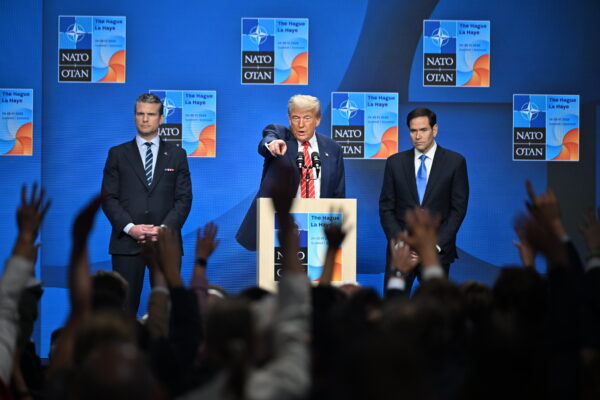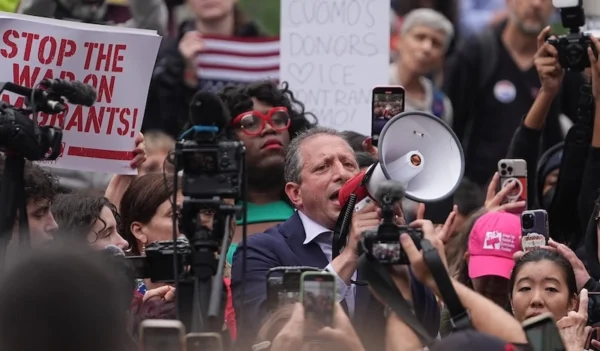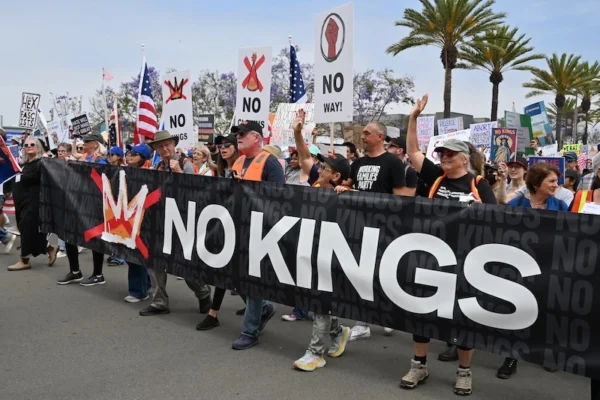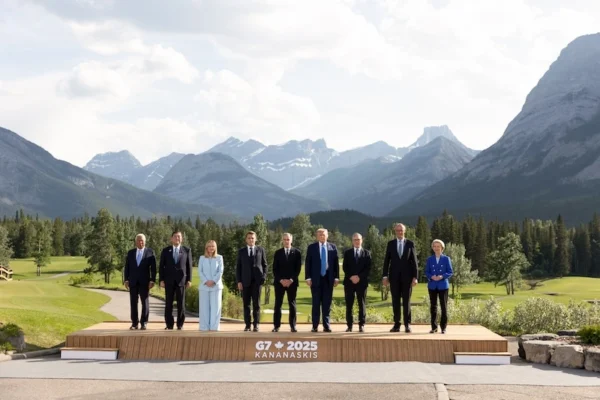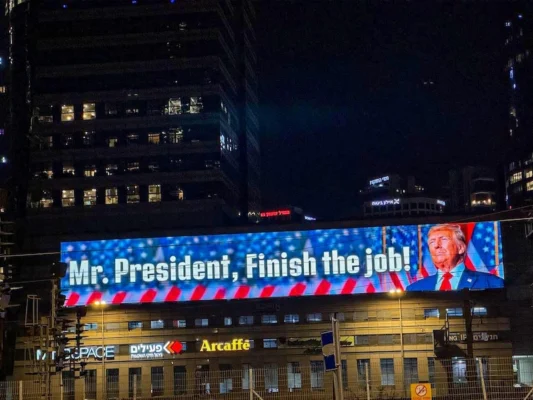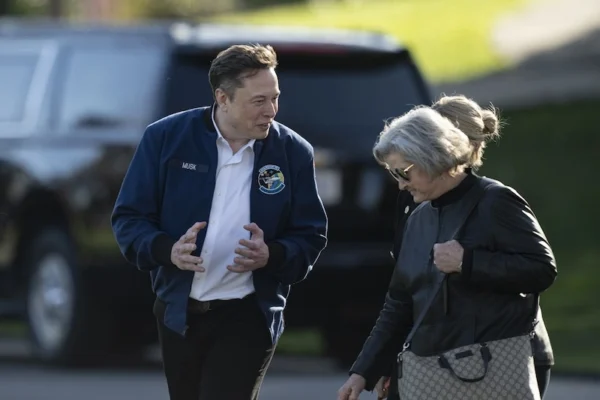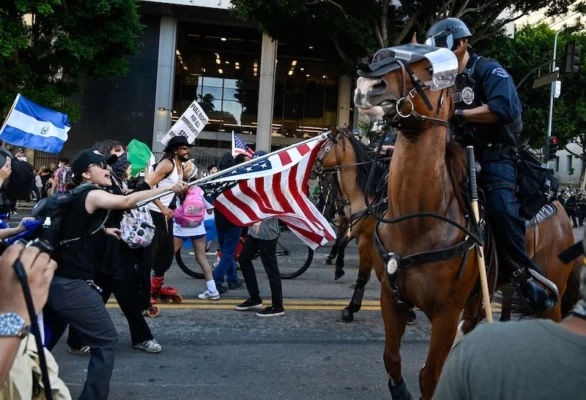Diyarbakır meeting clears doubts among Kurdish voters
Ahead of the April 16 referendum in Turkey, many undecided voters are leaning towards the “yes” campaign. The growing popularity of the constitutional reform bill is related to a number of recent developments: Europe’s open support for the “no” campaign, the inability of critics to provide an alternative vision for Turkey’s future, the main opposition party’s reliance on lies and deception and the “yes” campaign’s success in reaching out to various social groups during the campaign.
In recent weeks, President Recep Tayyip Erdoğan has adopted a more inclusive tone as well. In addition to pledging more rights and liberties after the referendum, he has been saying that opponents of constitutional reform were as honorable as the plan’s supporters. At the same time, he has made a careful distinction between “no” voters and terrorist groups, such as the PKK and the Gülenist Terror Group (FETÖ), which have endorsed the “no” campaign. As part of his outreach effort, the president not only visited a “no” campaign tent in Istanbul but also stated that he was “the guardian of peace and liberty” at a campaign event in the southeastern city of Diyarbakır.
President Erdoğan’s Diyarbakır meeting played a big role in changing the way that Turkey’s Kurds, who are indifferent toward the proposed changes, think about the April vote
To be clear, Erdoğan’s Diyarbakır address went beyond persuading Kurdish voters to support constitutional reform. His message was a blend of patriotism and a culture of peaceful co-existence. Addressing tens of thousands of people in Diyarbakır, he recalled the steps he had taken since 2002 to combat terrorism, promote the Southeast’s economic development and implement democratic reforms and offered insights into his future policies. The president made it clear that Turkey would neither negotiate with the PKK, which unilaterally ended the peace process in July 2015, nor leave the Kurdish people at the terrorists’ mercy.
Arguably, the most important part of the president’s speech was his commitment to a notion of peace that safeguards the Kurdish community’s cultural rights and rests on direct engagement with Kurds themselves. Claiming that Ankara has taken a nationalist turn, some opposition groups had been trying to alienate the Kurdish community. By contrast, the president pledged to emphasize that there would be no going back on rights and liberties.
To be clear, Erdoğan’s emphasis on peace does not mean that Turkey will re-launch the past peace process or engage in any kind of negotiations with the PKK. At this time, policymakers maintain that the PKK has been working on behalf of foreign governments and therefore pose a threat to the interests of Turkey and Kurds. As such, they refuse to negotiate with the group and wish to keep the counter-terrorism campaign going. The political arena, they maintain, remains open to anyone with no ties to violence and terrorism. Likewise, they pledge to move forward with democratization.
This message of peace was powerful enough to foil the plans of certain individuals and groups, who expect the referendum to pass, to create chaos in Turkey after April 16. My sense is that Erdoğan’s Diyarbakır address changed the way many Kurds, who appeared indifferent toward the proposed changes, think about the upcoming vote. After all, the Kurds are among the most politically active social groups in Turkey, and they disproportionately suffered under the guardianship regime and parliamentarism. At the same time, Turkey’s Kurds understand that succeeding Justice and Development Party (AK Party) governments took bolder steps to secure their rights and liberties than was imaginable in the past.
President Erdoğan’s leadership is necessary for Turkey to survive in a dangerous neighborhood and overcome the challenges ahead – just as his efforts are needed by the Kurds to secure their future in the country. Although pollsters like to think that there are many “secret naysayers” among the undecided, we have reason to believe that there are a lot of “secret supporters” around, especially among Turkey’s Kurds.
This article was first published in Daily Sabah on April 7, 2017.













